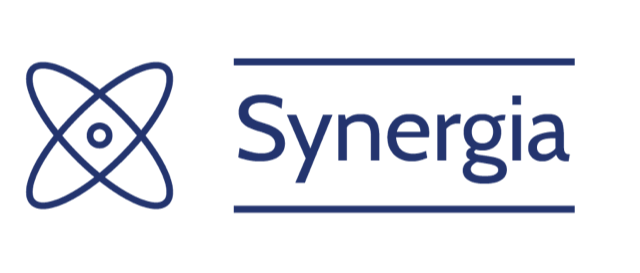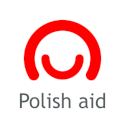SYNERGIA

A Network for Cooperation and Exchange of Experience Between High-Level Officials from Central and Eastern Europe
Funding sources
The project was financed within the Financial Framework of European Social Fund, Operational Programme Knowledge – Education – Development (POWER), Priority Axis IV : Social Innovation and Transnational Cooperation, Activity 4.3 : Transnational cooperation.
Project objective
SYNERGIA’s obejctive was to raise competences, develop leadership and management skills of senior civil service officials by facilitating cooperation between managers in public administration in the counrties of Central and Eastern Europe. The aim of the project was to propose new mechanisms and methods for effective insitution management and to implement SYNERGIA best practices developed during the training programme in participants’ institutions.
There were two main approaches applied to achive the objective of the project. First one, was to prepare a new Education and Cooperation Programme and second, to implement in practice new management solutions developed in the course of work under that programme in institutions of public administration.
Beneficiaries
The project was addressed topublic administration institutions in Poland and in the partner countries: Bulgaria, Latvia and Hungary at their central and local level and it also encompassed state agencies operating within governmental framework in these three countries..
The public administration institutions’ representatives delegated to participate in the project were expected to fulfil the criteria set in the Project Regulations including holding a high or top managerial positions in their institutions. The recruitment criteria ensured an adequate level of understanding the management challenges discussed during the programme but also supported the later implementation of SYNERGIA best practices in public administration institutions. Institutions from Poland delegated their representatives holding the following positions:
- at central level: Secretaries or Under-Secretaries of State, Heads or Deputy-Heads of Central Offices, Directors General, Department or Office Heads or Deputy Heads. Chief Accountants, and other post-holders equivalent to these referred to;
- at provincial level: Provincial Governors (Voivodes) or Deputy Governors, Directors-General and Directors or Deputy Directors to field offices, heads of sections or other organisational units at institutions or their deputies, Chief Accountants, and other post-holders equivalent to those referred to.
Institutions from the partner countries delegated their representatives among civil servants holding analogous positions in their administrations.
All institutions willing to participate in the project provided an official application with a description of a managerial challenge (in line with the subject areas covered by the project), which in the course of the project on were developed implementation projects
Partners
The project was implemented by the Lech Kaczynski National School of Public Administration (KSAP), in cooperation with the following Partners:
- Institute of Public Administration (IPA), Bulgaria,
- University of Public Service (UPS), Hungary,
- Latvian School of Public Administration (LSPA), Latvia.
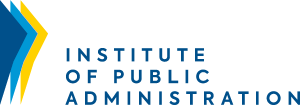
|
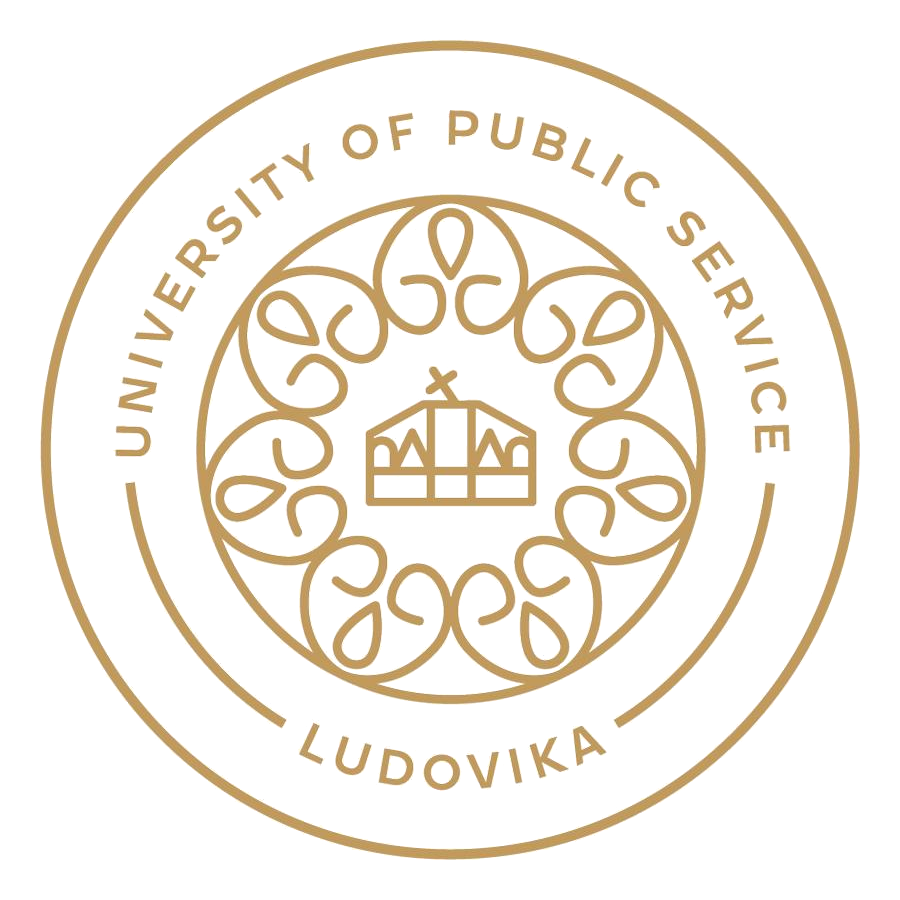
|
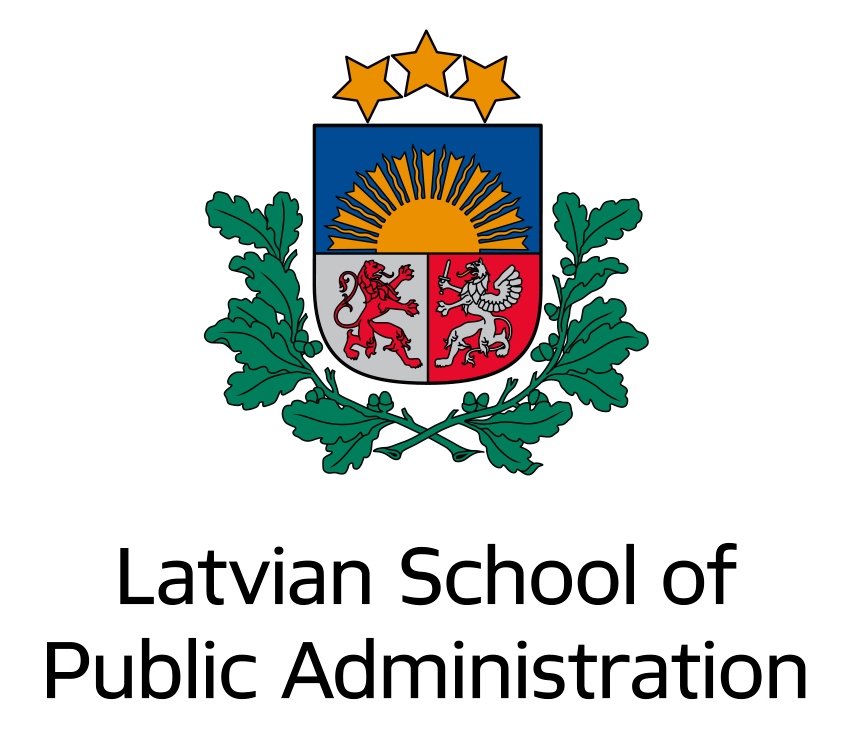
|
Description
SYNERGIA Project was delivered in four editions, each of them comprising the following two stages:
- education and cooperation programme,
- implementation of best practices in public administration institution.
The education and cooperation programme (ECP) included altogether 166 teaching hours divided into training sessions – two training sessions in Poland, three modules of 3-day trainings in partner countries as well as online sessions. The trainings were conducted in accordance to the following schedule :
- Opening session in Poland
- 3 days training in Partner 1 country
- 3 days training in Partner 2 country
- 3 days training in Partner 3 country
- Online sessions, number of which varies in each Edition
- Final session in Poland including 1 day peer-learning session and Closing Ceremony for each Edition.
All training sessions were conducted in English by experienced lecturers representing world-class universities at the top of international rankings and experts from the partner countries.
The sessions’ programme included the following activities:
- Training sessions with experts from leading global schools of public management,
- Training sessions with experts from Poland and partner countries,
- Workshop sessions - developing new recommendations for institutional management to be implemented during further stage of the project,
- Case studies discussions based on methodology developed by Harvard Business School followed by Exploring Best -Practices modules
- Exploring Best-Practices modules – innovative deliberative sessions which aimed at translating business cases to public administration reality and resulted in elaboration of good practices applicable to public administration institutions,
- Networking meetings,
- Simulation games,
- Peer-learning summary sessions, including those run in Opean-Space Technology format.
The main subjects of the Education and Cooperation Programme were:
- Project management in public sector (cohesive project-management methodology)
- Strategic management in public administration
- Process management
- Change management
- Risk management
- HRM (leadership, employee motivation, team management, etc.)
- Managing of communication and effective negotiation
- Knowledge management
- Management by objectives
- Use of ICT in public sector
Other important goals the project related to were:
- Professional activation: strengthening of the management competences of high-level public officials. SYNERGIA offered an opportunity for professional networks to be built, through which exchange of information and experience in the field of innovation and change in public institutions management have been carried out.
- Lifelong learning: participation in workshops and training sessions led by leading lecturers and experts presenting the latest solutions and trends in managing public institutions offered a unique opportunity to strengthen public offcials’ knowledge and competences in 10 thematic subject areas offered in SYNERGIA.
- Development and pursuit of public policies: conclusions and SYNERGIA best-practices as worked out during the programme have led participants to seek for best suitable managerial solutions for their own institutions and have ultimately contributed to development and pursuit of public policies as implemented by participants’ organizations
In the implementation phase of the project new solutions and good practices developed by participants’ representatives during the Education and Cooperation Programme were implemented in participants’ institutions.
Participants from Poland were required to prepare an implementation project, by which the selected SYNERGIA good practices were to be implemented in their institution. During the project implementation phase, a commission of experts shortlisted five institutions in total (one in the first three editions and two in the fourth edition) and drew up a list of the most comprehensive and convincing projects for potential implementation. These institutions forming part of Poland’s public administration enjoyed a co-financed implementation of the selected practices and the support of a consultantfor the period of project implementation.
Participants form partner countries were not obliged to prepare formalimplementation projects. However, the Project Regulations gave such a possibility to join the competition with a good practice implementation project to participants from Latvia, Bulgaria and Hungary. The costs of implementation of a project submitted in this category were to be covered by the institution submitting the project.
Results
The project was implemented from September 2019 until December 2023. The four editions of SYNERGIA hosted 170 participants from 102 public institutions from 4 partner countries: Poland, Latvia, Bulgaria and Hungary.
During SYNERGIA implementationthe following tasks were successfully completed:
- Preparation of the Education and Cooperation Programme with transnational partners including:
- Testing of the Education and Cooperation Programme with the participation of high-level management of public administration institutions,
- Preparation and analysis of the outcomes of the programme testing groups,
- Implementation of the modernised Education and Cooperation Programme,
- Substantive monitoring of the activities related to the testing and implementation of the Education and Cooperation Programme and the developed of recommendations for project implementation.
- Implementation of new solutions and best practices in the Polish public administration institutions including:
- defining a competence model for management positions (Warmińsko-Mazurski Viovodship Office in Olsztyn)
- development of human capital by creating a training system with 3 modules: leadership, mentoring and integrated training for newcomers (Mazovia State Sanitary Inspection)
- identification of priority areas for change in the existing organisational culture through a comprehensive survey and the development of a possible target organisational culture (National Fund for Environmental Protection and Water Management)
- building of a supportive work culture and effective communication through project management and working in multidisciplinary teams (Chief Inspectorate of Agricultural and Food Quality)
- preparation of the architecture and project assumptions for the introduction of a dedicated tool (software) to properly supervise and manage changes in project structures, aimed at ensuring continuity and transparency in the operation of ongoing internal projects (Mazovian Voivodship Office)
- creation and implementation of a communication strategy, building interdisciplinary teams oriented towards the development of innovative statistical products (individual project developed in Statistical Office in Kraków)
- introduction of process management methodology in the area of auxiliary processes, in particular where processes were carried out in several organizational units (individual project developed in the Ministry of Infrastructure)
- Substantive development and publication of the materials developed by the participants during the discussions at the Exploring Best Practices sessions and implementation workshops, in the form of a SYNERGIA a mini-handbook – a collection of good practices that can be implemented in public administration institutions. The mini-handbook, aims to promote good management practices in public administration and their direct implementation not only by the institutions participating in the project, but also by those who will become acquainted with the developed material, is available in the open access formula: The Synergy Effect. Mini-handbook Maxi-practice. Best practices in managing public-administration institutions
- Creation of two entities founded by Alumni of SYNERGIA: the SYNERGIA Cooperation Network Association and KSAP Alumni Foundation. The aim of SYNERGIA Cooperation Network Association is to promote cooperation in the exchange of experience and good practice in public administration management. The Foundation supports graduates of KSAP full-time and dual education and graduates of KSAP training programs: SYNERGIA and ARGO. Foundation’s goals include development of domestic and international contacts of KSAP Alumni, supporting their professional and personal development, as well as promotion of good managment practicies and ethical principles of public management.
Media
More details about SYNERGIA are available in the following online resources:
- Website: https://synergia.ksap.gov.pl/en
- Facebook: https://pl-pl.facebook.com/krajowaszkola/




